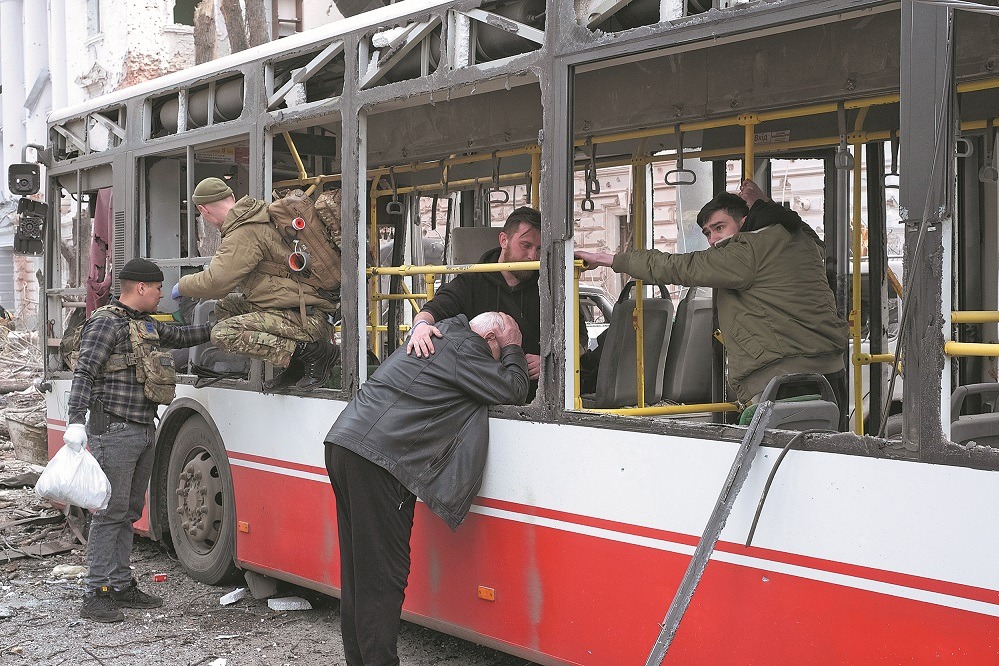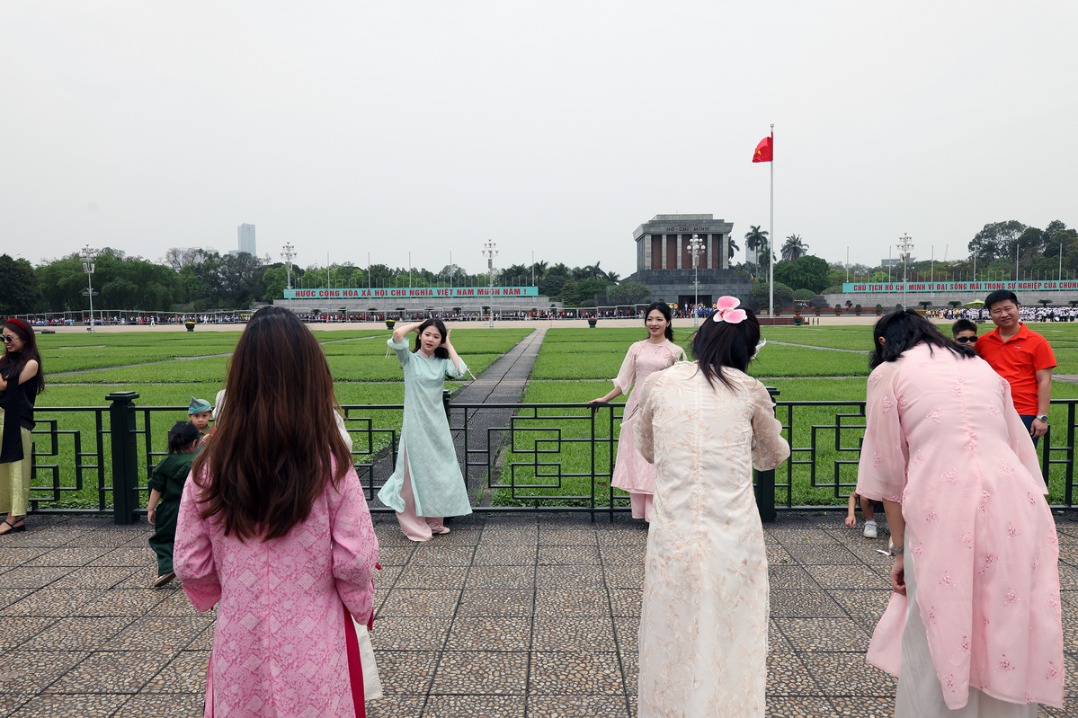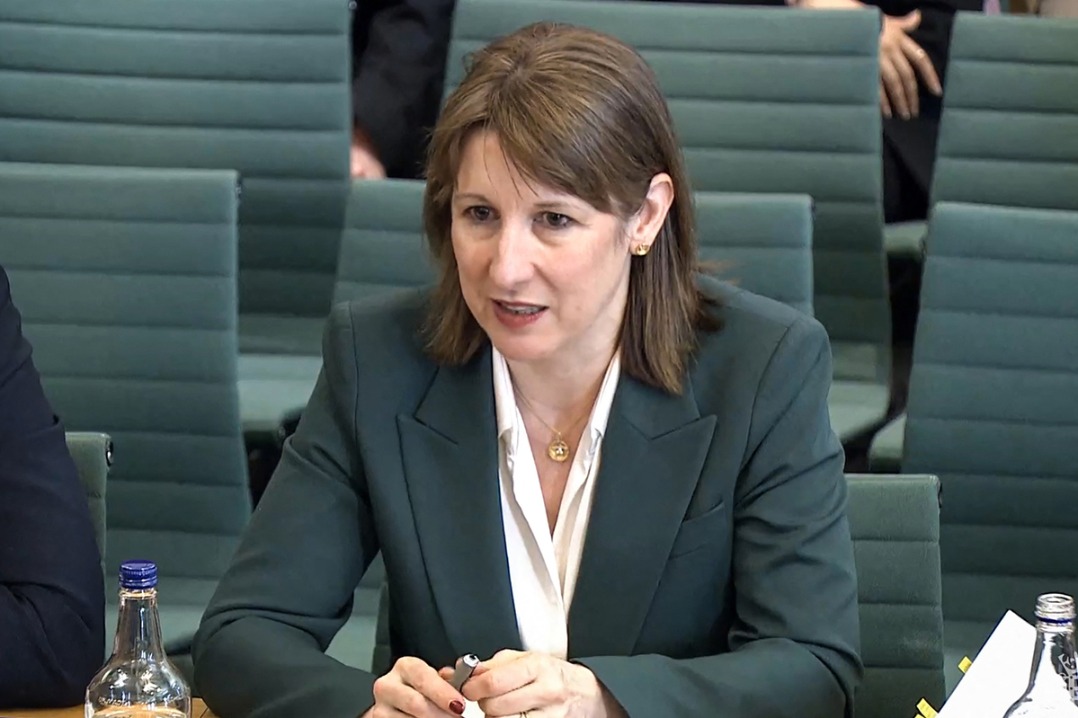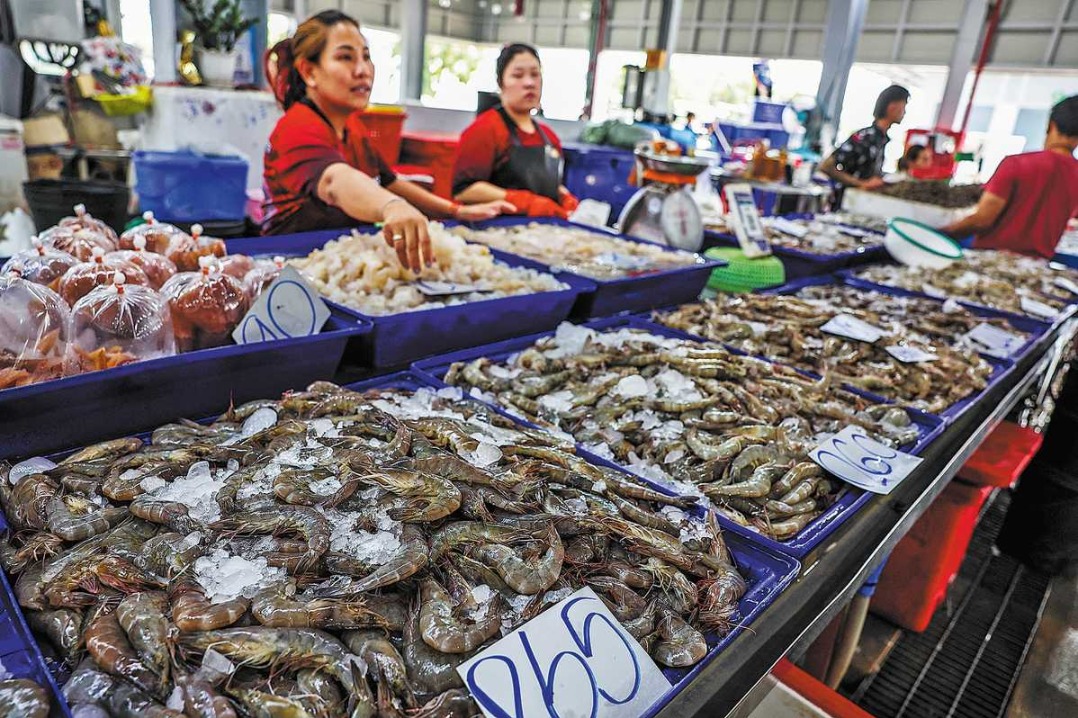Russian strike kills 34 in Sumy: Kyiv

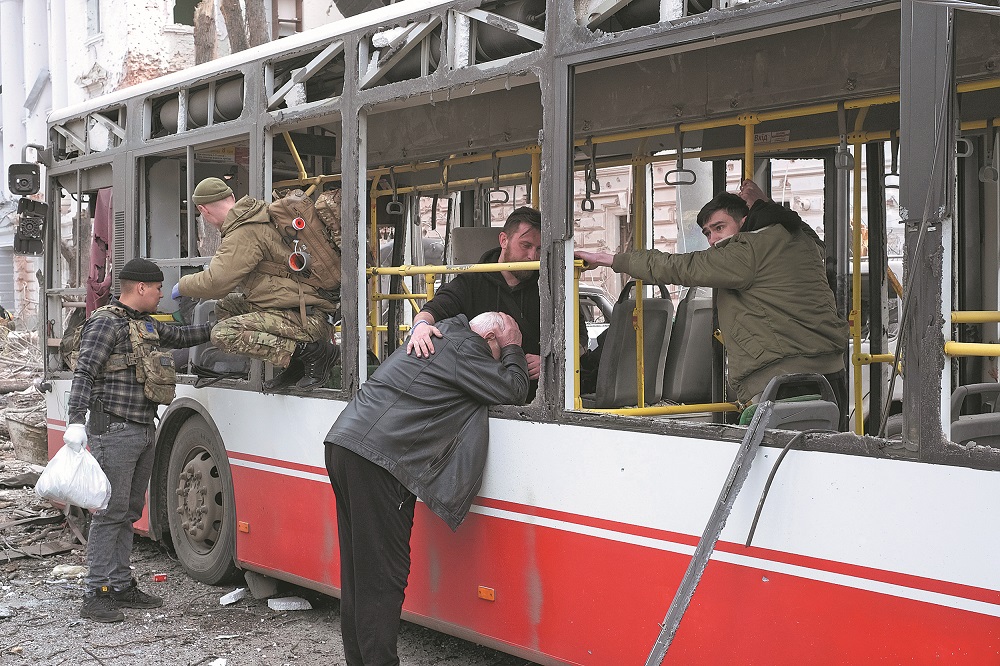
SUMY, Ukraine — Two Russian ballistic missiles slammed into the heart of the northern Ukrainian city of Sumy on Sunday, killing 34 people and wounding 117, Ukrainian authorities said.
The head of Ukraine's GUR military intelligence, Kyrylo Budanov, said on Telegram that Russia had used two Iskander-M/KN-23 ballistic missiles on Sumy.
The people who were caught in Sunday's strike were out on the street or inside cars, public transport and buildings when the missiles hit, Interior Minister Ihor Klymenko said.
Sumy, with a population of around a quarter of a million and located just over 25 kilometers from the Russian border, became a garrison city when Kyiv's forces launched an incursion into Russia in August. Sumy's acting Mayor Artem Kobzar announced three days of mourning for the victims, starting on Monday.
The Kremlin, when asked on Monday about the attack, said that Russia only strikes military or military-related targets.
Russia's defense ministry said that it had struck a meeting of Ukrainian commanding officers in Sumy with two Iskander missiles, Russian news agencies reported on Monday.
The strike came two days after US presidential envoy Steve Witkoff traveled to Russia to meet President Vladimir Putin and push US President Donald Trump's efforts to end the conflict.
Ukraine President Volodymyr Zelensky, in an interview with CBS News' 60 Minutes aired on Sunday, urged Trump to visit Ukraine.
He called on the United States to provide forces as part of an international peacekeeping effort, specifically asking for Washington to help protect Ukrainian airspace.
Under Trump's administration, US officials have held separate rounds of talks with Kremlin and Kyiv officials to try to move toward a cessation of hostilities in Ukraine.
Zelensky called on the US and Europe to give a "strong response" to Russia, adding: "Talking has never stopped ballistic missiles and bombs."
Trump, when asked about the Russian strike, said that it was terrible. "And I was told they made a mistake," he said without elaborating further.
The US said in late March that it reached an agreement with Russia and Ukraine on two ceasefire accords, including one that would ban strikes on each other's energy infrastructure. Both sides have repeatedly accused each other of breaking the moratoriums.
On Sunday, Russia's Defense Ministry accused Ukraine of having carried out two attacks on Russian energy infrastructure over the previous day.
Witkoff held talks with Putin in St. Petersburg on Friday to reach a Ukraine peace deal. The Kremlin said on Monday that contacts were "useful and effective", but the two had not substantively discussed a possible meeting between Putin and Trump.
The decision whether to extend the moratorium on strikes on energy facilities by both Russia and Ukraine will depend on Putin and possible talks with the US, TASS agency cited the Kremlin's spokesman as saying on Monday.
"The moratorium was essentially not observed by the Ukrainian side," TASS cited Dmitry Peskov as saying. "Therefore, of course, these 30 days will need to be analyzed."
Agencies via Xinhua
















